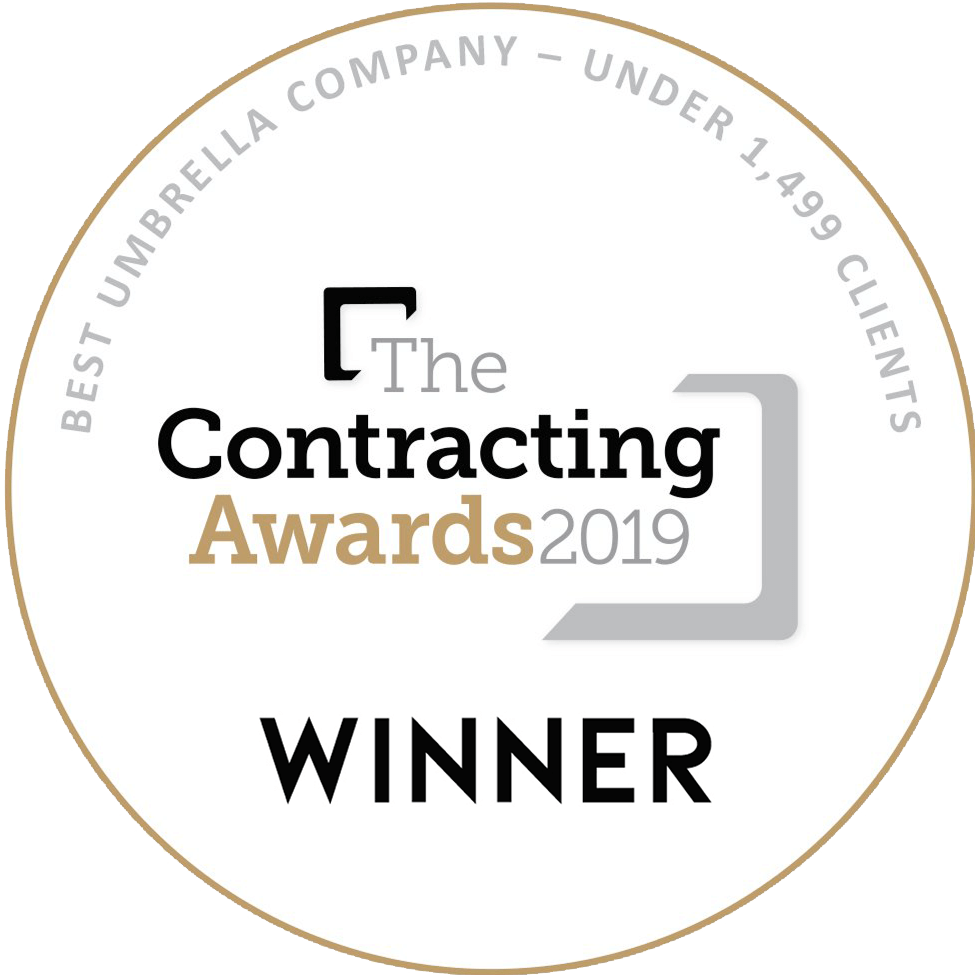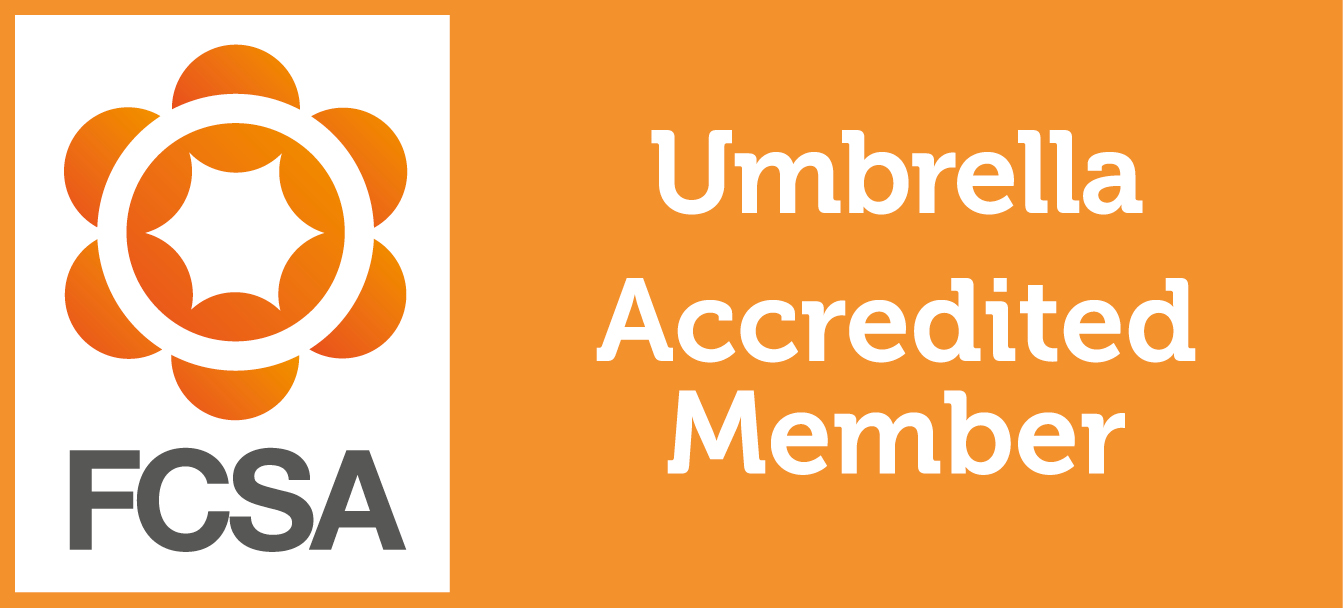The new Criminal Finances Act was announced in April 2017, and came into force on 30th September. This makes partnerships or limited companies ‘criminally liable’ if they do not prevent their staff, suppliers and clients – or any other ‘external agent’ within the supply chain – from carrying out tax evasion. Worryingly, this ‘prevention of tax evasion’ offence can be deemed to have taken place even if the senior management team of the business in question was not involved in, or aware of, the act of tax evasion being carried out.
There are two aspects to the new legislation. Firstly the facilitation of the evasion of UK tax, by any business wherever it is located – and secondly, the facilitation of non-UK tax evasion, by businesses with a UK connection. HMRC’s aim is to ensure that companies do not ignore the activities of the people they work with, and to make these companies liable for their ‘failure to prevent tax evasion’. If a company is prosecuted and convicted of this offence, there are unlimited penalties which could be applied, so it’s essential that you know exactly how the new legislation works, and that you ensure you are not at risk.
The offence of ‘tax evasion’ itself has not changed, and the same rules apply – when a person or an organisation does something intentionally, which enables them to pay less than their true tax liability, then it is an offence. We’re talking about deliberate dishonesty here, meaning that a genuine mistake, or even a careless act, would not result in a conviction. These tax evasion laws cover not only personal income tax but also corporation tax, VAT and National Insurance contributions.
Assigning criminal liability
With the new legislation, HMRC has altered the way in which criminal liability is assigned, creating a situation where an ‘associated business’ may be liable for a tax avoidance offence by someone within their supply chain, simply because they were aware of and did nothing to prevent it. It is now much easier for HMRC to convict companies that facilitate tax evasion in some way, even if that is just by not taking full responsibility for ensuring their supply chain is operating in a compliant manner.
This has huge implications for recruitment agencies, which deal with limited company contractors, umbrella companies and contractor accountancy firms. The onus is now on these organisations within the supply chain to ensure that their industry colleagues are not committing, encouraging, or turning a blind eye to tax evasion activity.
What does it mean for recruitment agencies?
It’s no secret that our industry has been dogged by some fairly dubious ‘tax avoidance’ tactics over the years – such as loan schemes, annuities and job board schemes. So, while much has been done to eradicate them, no-one operating in this industry can afford to be complacent about the fact that such schemes could still be taking place somewhere within their supply chain.
As an example, you would be deemed liable for ‘failing to prevent tax evasion’ if one of your recruitment consultants encouraged a limited company contractor client to get involved in this type of scheme, when they knew it was set up in order to avoid tax. And you would also be liable even if someone within your organisation was simply aware that a contractor client was involved in this type of scheme, even if they were not involved in encouraging or recommending it. In this situation, a Recruitment Agency would be considered to have ‘failed to prevent the facilitation of tax evasion’.
Going a step further, you cannot simply state that your management team were not aware of a scheme being non-compliant, or that your client was involved in it. This is not a valid defence, as you must be able to demonstrate that you have taken positive action to prevent any facilitation of tax evasion taking place within your supply chain.
The only way to avoid criminal liability is to show that you have implemented ‘reasonable prevention procedures’ – or to demonstrate that, based on the circumstances of the case, it would have been ‘unreasonable or unrealistic’ to expect you to have had those procedures in place.
How do you proactively protect yourself from liability?
1. Conduct and document a full Risk Assessment. This is an assessment into the ‘nature and extent of your exposure to risk’ both from internal parties – your staff, and external parties – your suppliers and your contractor clients.
2. Ensure that your senior team is committed to preventing the facilitation of tax evasion. This focus on top-level commitment appears throughout the HMRC legislation. It’s clear they are expecting management teams to be committed to prevention throughout the company and its supply chain, and committed to encouraging a company culture where the facilitation of tax evasion is considered totally unacceptable.
3. Build, and operate through, a tightly controlled Preferred Supplier list. This should be created via a through and robust vetting procedure, so that you know exactly who your suppliers are, and can ensure you are not exposed to any risk. The best way to do this in our industry is to work only with APSCo accredited umbrella companies and contractor accountants. You should also communicate relevant policies and procedures to all your clients and suppliers. If operating with an umbrella company, they should be able to provide payslips and matching Real Time Information reports (RTIs) to confirm all taxes are being paid directly to HMRC, so it’s definitely worth asking for these.
5. Retain hard evidence that appropriate training has been conducted for all staff. If you ever need to demonstrate that you have put the necessary prevention measures in place, this will be extremely helpful. You should also keep evidence that you are monitoring and reviewing these prevention procedures, as well as making improvements as and when necessary.
One last thing to mention here is ‘proportionality’, which means the extent to which you can reasonably be deemed liable for an offence. This depends entirely on the level of ‘control and supervision’ which your company was able to exercise over the guilty party.
Disguised remuneration loans
A first draft of the new Disguised Remuneration Legislation was published on 13th September 2017.
This introduces a tax charge specifically relating to tax-free remuneration loans, meaning that any which have payments outstanding as of 5th April 2019 will be taxed as remuneration. What’s even more alarming for anyone affected by this change – these loans will attract tax penalties and interest going back to when the loan was originally set up, as far back as 6th April 1999!
HMRC is aware that some umbrella companies are still using loan repayment and other similar schemes to help their contractor employees pay less tax and NI. Combine this with an increase in the use of umbrella companies by recruitment agencies since the public sector IR35 changes in April 2017, and it’s clear that there could be many such agencies who are open to risk without even realising it. If the taxpayer decides not to declare a loan of this type in their tax return, then it is classed as tax evasion – and suddenly, under the new prevention of tax evasion rules, the recruitment agency or the umbrella company can become liable.
What next?
If you have any questions relating to the new legislation, we would be very happy to talk you through the fine detail and help you to understand what actions you need to take. For queries in relation to limited companies, please email jaime.thorpe@contractorumbrella.com or call 01206 591 000.
Why Choose Contractor Umbrella?
Contractor Umbrella is the hassle-free, straight talking umbrella company that provides umbrella employment for UK based contractors and freelancers. Independently voted as the best umbrella company by the readers of Contractor UK.
As one of the most trusted umbrella companies in the UK, we guarantee our employees peace of mind, absolute compliance and complete security. We are one of the longest standing and most respected umbrella companies in the UK.
If you’d like to find out more, call us on 01206 591 000 or request a call back by completing our online form.
Benefits of working through Contractor Umbrella;
- Fast and easy registration – be ready to work in 24 hours, simply register online and we’ll take care of the rest.
- Calculate your take home pay – use our online calculator to find out how much you could be taking home through Contractor Umbrella.
- Same day payments – We offer same day payments as standard providing funds are received into our account by 9am, for no additional fee.
- Our Service Guarantee – is our guarantee that you will be looked after at every step of the way.
- Flexible Limited Company accountancy – when you sign up to our sister company Dolan Accountancy, you can transfer to Contractor Umbrella when umbrella employment better suits or your assignment sits inside IR35.
- Employee Benefits – at Contractor Umbrella there are many benefits available to you as our employee including Childcare Vouchers, our Employee Rewards Scheme, Group Pension Scheme, Foreign Currency Exchange, Contractor Accommodation, Contractor Mortgages and much more.
- Expert Contractor Support Team – Every employee of Contractor Umbrella has access to our expert Contractor Support Team who are available to deal with any queries that you may have. You can get in touch with the Contractor Support Team, through the online chat, by email or by telephone.






